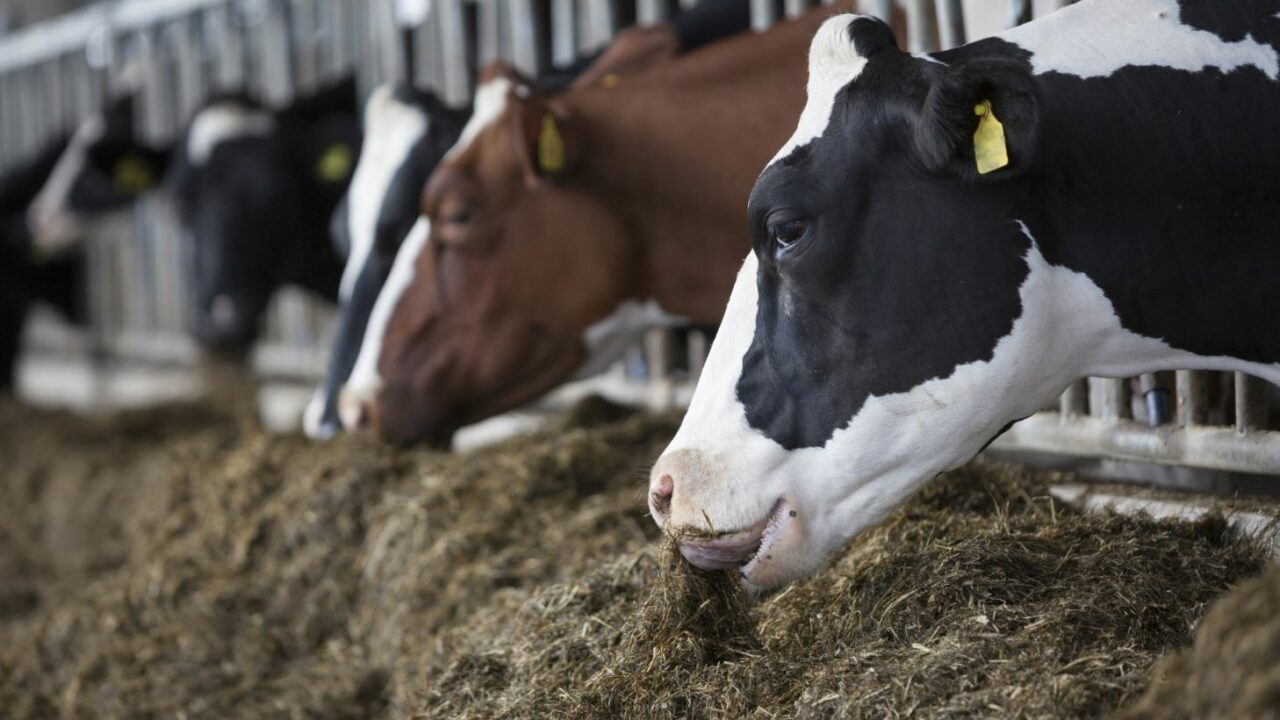The expected target for emissions reduction from the agriculture sector “can only be contemplated – much less achieved – with massive support and commitment from every level of government”, according to one farm organisation.
Over the weekend, it emerged that a reduction target for agriculture of between 21% to 30% by 2030 had been agreed – though this is yet to be confirmed by government.
Responding to this, the Irish Creamery Milk Suppliers’ Association (ICMSA) said today (Monday, October 18) that the target presented a “huge challenge” but that it was possible to continue to develop the faming sector while cutting emissions.
“The notion that farming has to come to a ‘full stop’ while the emission lowering programme accelerates is neither possible or desirable.”
Pat McCormack, the association’s president, said that the sector needs an approach to the transition that is “flexible and responsive to a situation [he is] certain will change dramatically as already-introduced measures feed through”.
“It would be both prudent and practical to keep a degree of flexibility that would allow us to adjust our programme on an ongoing basis. It would be a fundamental error to lock a dynamic sector like farming and food production into a rigid five-year programme,” McCormack argued.
He continued: “We think that the worst thing Irish farming and agri-food can do now is nail ourselves to a rigid programme that we all know will be overtaken by science and data over the next few years.
“We already know that the reductions under the Teagasc Marginal Abatement Cost Curve [MACC] will be delivered and we already know that research is well underway on similar projects that will lower emissions without affecting cow numbers and production volumes.”
However, on the issue of government support, the ICMSA president claimed: “If the level of support we got in last week’s budget is any indicator, Ireland hasn’t a hope of hitting these reductions.
“There’s a time when the government has to stop preaching and start spending and we are at that point now,” he argued.
“Direct supports to farmers are being cut relentlessly at the same time as we have this curious official reluctance to ensure farmers receive the real price for their food products,” McCormack added.
“The government either can’t or won’t confirm the end of the cheap food policy because they are nervous about the current inflationary trend. But something’s got to give here. If the cost of producing food is going to go up then direct payments need to increase and the prices farmers receive are going to have to go up.
“It’s a very basic economic sequence and the government’s nervousness about recognising it is the rock on which all this is going to flounder,” he asserted.
